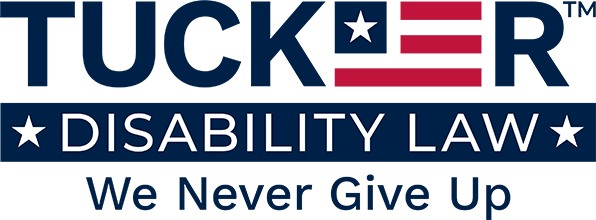National Service Dog Month is a time marked to pay tribute to the animals who support Americans with special training to help people dealing with vision impairment, medical issues, mental health, and many other areas.
Service dogs are specially trained animals working with people with medical issues as helpers and as therapy, and have special legal protections to allow both dog and owner to be in places where there is otherwise a ‘no animals’ policy or a ‘no pets’ policy.
Service dogs should not be confused with untrained comfort animals or house pets. While pets, service dogs, and comfort animals may be beneficial for their owners, only the service dog receives protection (and access) under the law in places where most pets and some comfort animals are not permitted.
What Are Service Dogs?
A service dog is trained for as long as two years at an expense that can reach as high as $40,000. There is no single type of service dog for all medical issues. There are dogs specially trained to help the visually impaired, those with PTSD, to help people with epilepsy and much more.
The training for service dogs varies depending on the emphasis. Medical alert dogs will have different skill sets than those who assist people with unrelated medical issues.
The official site for the American Kennel Club reminds its visitors that service dogs are subject to protections under the Americans With Disabilities Act (ADA). ADA guidelines make a clear distinction between pets (who have no formal training as service animals) and service dogs (who do have specific training).
There is no single breed of preferred service dog. They can be large or small, they can be especially bred for service or they can be sourced as rescue dogs. According to the American Kennel Club, there is no standardized certification for these animals but there are requirements the animals must meet in order to function above the level of pets or untrained comfort animals.
To find out more about service dogs and if you could benefit from one, visit Canine Companions for more information.
A Brief History of National Service Dog Month
As described by organizers and supporters, National Service Dog Month is a time for heightened awareness of service animals and the important work they and their trainers do. This observation began in response to a Palm Springs, California program called Guide Dogs Of The Desert.
That program trains guide dogs for the blind and visually impaired. In 2008 actor Dick Van Patten was so impressed with the operation that he launched a fundraising effort to benefit the Guide Dogs Of The Desert Program.
Van Patten would go on to serve as an honorary board member of the Guide Dogs Of The Desert. His company, Natural Balance Pet Foods, began underwriting the expenses of promoting National Guide Dog Month with the intent of benefiting non-profit guide dog schools in America.
Fundraising efforts went to a different level thanks to the help of the Petco Foundation, and in 2009 National Guide Dog Month was established originally during the month of May, but switched to September.
As the observation gains in popularity, many state governors have proclaimed local versions of the event now referred to as National Service Dog Month. They include California, Arizona, Mississippi, and Illinois.
Observing National Service Dog Month
As a time meant to raise awareness of both the dogs themselves and the need for them, National Service Dog Month calls attention to a variety of organizations and efforts to promote the use and acceptance of service animals in America.
You can help observe the month by supporting those who train and place these animals with those who need them. They include Guide Dogs Of The Desert but also many others including:
- Patriot Paws
- Animal Farm Foundation
- Mission K-9 (placement for retired service dogs)
- Canines Companions for Independence
- Canines for Disabled Kids
- Guide Dogs of America
- Best Friends Animal Society
Many organizations like these are non-profit or not-for-profit and can use all the help they can get including volunteer efforts, financial assistance, and (where applicable) even leads on new animals, partnerships, or opportunities to raise awareness of the special relationships between the owners and the animals.
These organizations often seek out partnerships with local businesses, government, and other civic-minded organizations. If you are interested in supporting in this way, contact the agency you wish to help out directly for information about current and future needs.
If you are in the process of filing for disability benefits or have filed and been denied, we’d like to help. Use the blue contact section NOW to call us, live chat with us, or message us using our confidential contact form.
At Tucker Disability Law we don’t settle for less. Neither should you.







